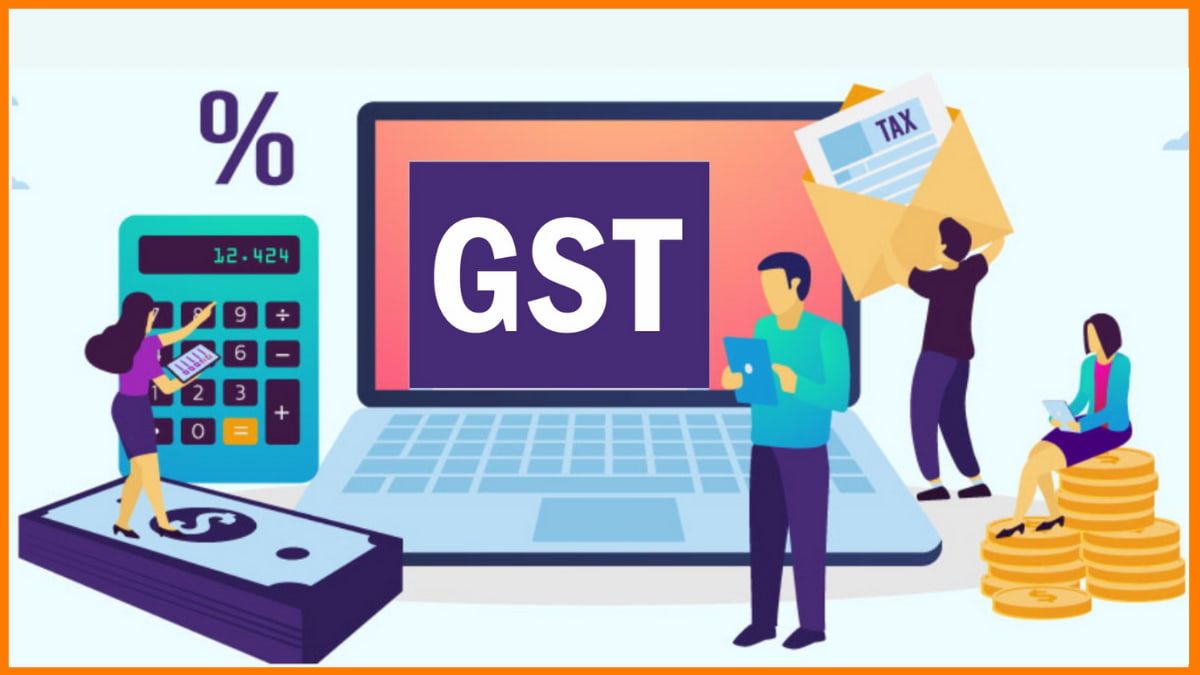Singapore GST Registration: What You Required to Know Before Using
Singapore GST Registration: What You Required to Know Before Using
Blog Article
Making Best Use Of Tax Effectiveness: Expert Tips on Navigating the GST Enrollment Maze for Small Companies
Navigating the complex landscape of Goods and Solutions Tax Obligation (GST) enrollment can be a labyrinthine task for small organizations intending to optimize their tax efficiency. In this conversation, we will discover experienced understandings and workable guidance that can equip tiny services to navigate the GST registration puzzle effectively and maximize their tax performance.
Qualification Criteria
Eligibility requirements for Small company GST Registration include specific standards that organizations have to fulfill to adhere to tax guidelines. To certify for GST registration, a business must have a yearly turn over going beyond the threshold established by the tax authorities, which varies by country. Additionally, services involved in inter-state supply of services or products, or those marketing items online, might be needed to register for GST, regardless of their turnover. It is vital for organizations to precisely establish their eligibility based on these turn over thresholds to stay clear of penalties for non-compliance. Singapore GST Registration.

Documents Demands
The called for documentation usually includes proof of company enrollment or consolidation, identification and address proofs of the service owner, pictures, bank account information, and evidence of the primary location of business. Furthermore, companies require to provide information of their organization activities, including the services or goods supplied.
Aside from the mandatory papers, services might additionally be called for to send extra info based upon their specific conditions. This could include records connected to partnerships, the authorization of signatories, or any type of various other pertinent contracts. Keeping all needed documentation organized and readily easily accessible can enhance the enrollment process and assistance services abide by the demands effectively - Singapore GST Registration. Failing to give the required paperwork might lead to delays or perhaps being rejected of the GST enrollment application. Careful interest to information and adherence to the documents standards are crucial for a successful GST enrollment procedure for small services.
Timing Considerations
Taking into consideration the important documentation requirements have actually been carefully dealt with, the following essential element for local business starting the GST registration process is the calculated monitoring of timing considerations. Timing plays a crucial role in GST enrollment, influencing not only conformity however likewise financial elements of business. Small companies need to thoroughly plan the timing of their GST enrollment to optimize advantages and reduce potential risks.

Additionally, companies must line up the timing of their GST registration with their operational readiness. Ample prep work, such as updating accountancy systems and training staff, is necessary to flawlessly integrate GST requirements into day-to-day operations. By strategically taking care of timing factors to consider, tiny companies can navigate the GST enrollment procedure effectively and enhance their tax obligation effectiveness.
Registration Refine Tips
Successfully browsing the GST enrollment procedure calls for little services to implement aggressive and strategic enrollment process pointers. One essential pointer is to make sure all needed records are conveniently available prior to starting have a peek at these guys the registration process. This includes company enrollment papers, proof of address, bank statements, and recognition proofs of business proprietors. Verifying the accuracy of the info supplied is just as essential to stop rejections or hold-ups.
In addition, understanding the thresholds and requirements for GST registration based upon the specific state or region where business operates is necessary. Some states have different turn over thresholds that trigger obligatory enrollment, so being educated regarding these thresholds can help companies prepare in advance.
Another beneficial idea is to take into consideration seeking specialist help from accountants or tax experts who concentrate on GST registration. Their know-how can simplify the procedure, minimize errors, and make sure conformity with all policies.
Compliance Finest Practices
Navigating the GST registration procedure efficiently necessitates not just strategic enrollment process suggestions however additionally persistent adherence to conformity best methods to ensure continuous Clicking Here regulative placement. Small companies need to prioritize conformity to avoid charges and maintain a good standing with tax obligation authorities. One critical ideal technique is to maintain precise and thorough records of all purchases. This includes invoices, receipts, and other financial records that might be needed for tax audits or compliance checks. In addition, staying informed about any modifications or updates to GST regulations is necessary. Local business proprietors need to routinely examine government guidelines and look for professional guidance if needed to guarantee they are fulfilling all needs. It is also suggested to submit GST returns on time to avoid late costs and fines. By incorporating these conformity finest practices right into their procedures, local business can navigate the complexities of GST registration with self-confidence and effectiveness.
Conclusion
Finally, small companies can browse the GST registration maze by guaranteeing they meet qualification criteria, collect needed paperwork, take into consideration timing ramifications, adhere to enrollment procedure ideas, and follow compliance ideal techniques. By making best use of tax obligation efficiency via proper GST registration, companies can improve their economic administration and operations.
Navigating the intricate landscape of Item and Services Tax Obligation (GST) enrollment can be a labyrinthine task for small companies aiming to optimize their tax obligation performance.Qualification requirements for Small Service GST Enrollment include particular standards that businesses should fulfill to conform with tax obligation regulations. The required paperwork generally includes evidence of service enrollment or identification, incorporation and address evidence of the company proprietor, photographs, bank account details, and proof of the major place of service. Additionally, services require to provide details of their service activities, consisting of the solutions or items provided.Effectively navigating the GST enrollment process needs little companies to execute aggressive and calculated registration procedure pointers.
Report this page